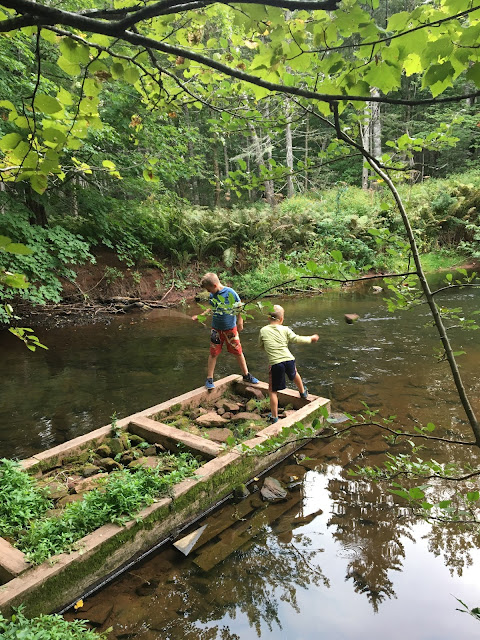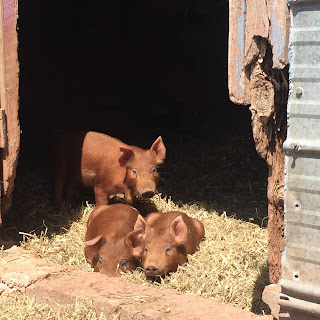Dear Organic Certification,
Do you remember when we first met and we hung out as a group of farmers? We shared all our challenges and successes, yields and input information over coffee and cookies at a kitchen table? Remember how we would read our organic plans to each other and ask questions to ensure that organic principals were being followed? I was so nervous at that first meeting, with my stack of paperwork and over-prepared presentation. But it was so lovely, so warm and inspiring. I learned so much those first couple meetings and eventually I fell in love with you.
But then things got serious and you made formal standards that meant our farmer meetings didn’t matter anymore. A stranger started coming in and double checking everything. And that was ok for a while. Until the strangers got more serious and cared less about the farm and more about the paperwork because their bosses told them so. As if the paperwork makes the food safer or the farm healthier or the environment stronger. The records to track a single soybean that comes onto the farm, moves to a tank, moves to a roaster, onto a different tank, eventually ending up in a bag of feed, all while intermingling with other soybeans from other places, is enough to make even the most stringent bean counter’s head spin. The paper trail for that organic chicken I traded for veggies is prohibitive to actually certifying it. The fees themselves are high, but not as high as the cost of my time to generate, assign, track and input new lot numbers every time a tonne of grain moves (with its own certificate) from a truck (clean truck affidavit) to to a tank (new lot number) to a dryer (which needs an attestation) to a cleaner (a second attestation) to a different tank (new lot number), to a tote for sale or a feed mill to a bulk truck or bag (new batch number). Oh, and be sure to have all those weights recorded along the way of that journey so you can double check that we have exactly what we brought in and sold.
I’ve always defended you, organic certification. I’ve been known to say, “The paperwork isn’t anything more than what any good farmer is already keeping.” But that’s just not true anymore. You’re a time suck and if I felt like all the time was being spent on things that made the certification stronger or our products safer or better, it would be easier to swallow. But as it stands now, you’re a necessary pest and I will stop praising you in front of others. I will do the work, the bare bones required to pass your tests and I will certainly always grow my crops and raise my animals above your basic requirements but I am sad.
The hardest part is that I feel like you might actually be prohibitive to succession. We’re working so hard to build a future for the next generation, but I’m genuinely afraid that when they understand the required paperwork to farm this way, they will balk. They will resist and find another way to do things or leave farming entirely. And I wouldn’t blame them. If we hadn’t had those sun dappled kitchen table meetings back at the beginning and we had to partner with you as you are now, I can almost assuredly say we wouldn’t.
You’ve broken my heart. It’s not me, it’s you. You changed. You became a business and turned your face to big corporations and left small farms to tread mud. I can’t completely cut ties with you, but I thought you should know that I can no longer praise you and recommend you for others. The spark is gone and its your fault. I hope you gain the capacity to recognize your failures and limitations and see a way out of this depressing and devastating mess you’ve made.
Sincerely,
A disheartened farmer.

















